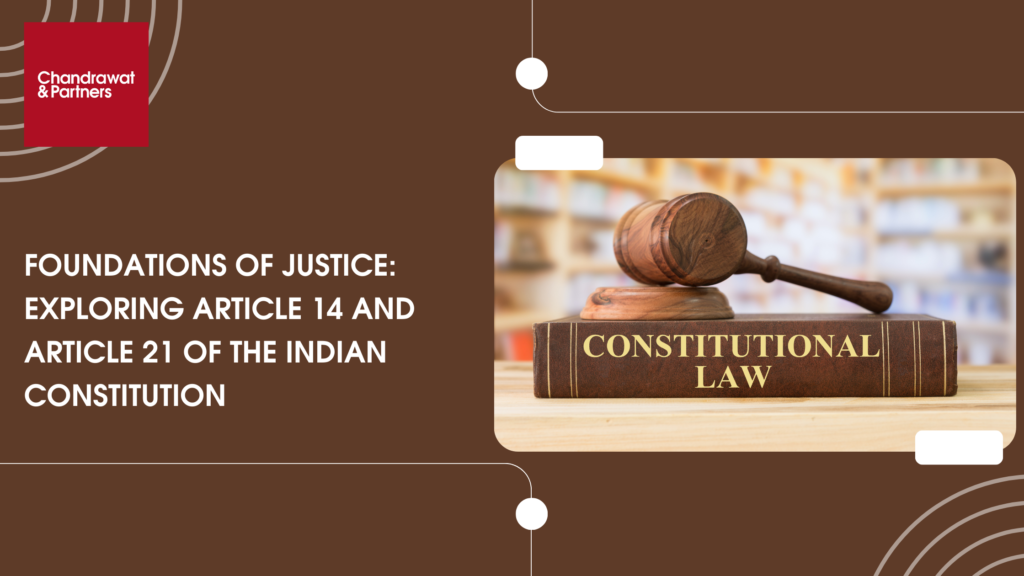Share :
Introduction
In recent years, landmark legal cases have played a significant role in shaping the socio-political landscape of nations. One such case that has garnered attention and sparked discussions is Manoyara Begum v. Union of India. This case, heard by the Supreme Court of India, has far-reaching implications for fundamental rights, citizenship, and justice.
Background
Manoyara Begum v. Union of India revolves around the issue of citizenship and the rights of individuals belonging to marginalized communities in India. The main issue in the case is whether or not someone’s citizenship can be revoked just for being called a “foreigner.”
Petitioner no.2, a resident of West Bengal, found himself at the centre of this legal battle when he was declared a “foreigner” by the Foreigners Tribunal. Despite being born and raised in India and possessing documents proving his Indian citizenship, he faced the risk of being declared stateless and detained in a detention centre.
The case of Manoyara Begum raised awareness of people’s constitutional rights as well as the necessity of impartial and open processes for determining citizenship. The Supreme Court of India’s involvement in this case emphasises how crucial it is to protect the fundamental rights guaranteed by the Indian Constitution, such as the rights to equality and due process.
Legal Proceedings
The Supreme Court of India heard the case, which presented important concerns regarding people’s constitutional rights, especially those of members of minority populations. The Foreigners Tribunal’s ruling and the constitutionality of the laws enabling it were both scrutinised by the court.
Key Issues
Right to Equality: The case underscores the right to equality enshrined in the Indian Constitution. It questions whether individuals should be treated as equals under the law, regardless of their socio-economic background or ethnicity.
Due Process: The legal proceedings in Manoyara Begum v. Union of India shed light on the importance of due process in determining citizenship. The case highlighted the need for fair and transparent procedures in citizenship determination to prevent arbitrary decisions and safeguard individuals’ rights.
Human Rights: The case has broader implications for human rights, particularly the rights of marginalized communities. It underscores the need to protect the rights of vulnerable groups and ensure that they are not deprived of their citizenship unlawfully.
Implications
The outcome of Manoyara Begum v. Union of India has profound implications for citizenship laws and the protection of individuals’ rights in India. It emphasises how crucial it is to preserve constitutional values and establishes a precedent for similar issues affecting citizenship in the future.
CONCLUSION
Manoyara Begum v. Union of India serves as a poignant reminder of the challenges faced by marginalized communities in accessing justice and asserting their rights. The case underscores the critical role of the judiciary in safeguarding constitutional values and ensuring that all individuals are treated with dignity and equality under the law. As the legal battle continues, the outcome of this case will continue to shape the discourse on citizenship and human rights in India.
The conclusion might emphasise how important it is to defend the fundamental rights guaranteed by the Indian Constitution, like the right to nationality and equality. It can highlight how important the judiciary is to make sure these rights are maintained and honoured.
For more information or queries, please email us at
[email protected]




